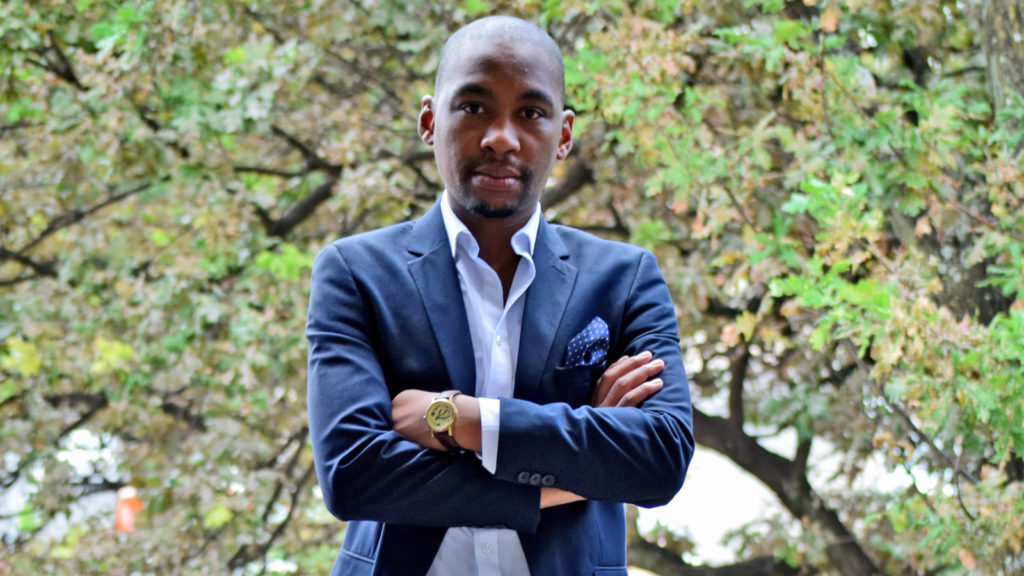We all have them. Those apps we open without thinking. Not because we need anything in particular, but because they feel… safe, in some…
Test product, gauge demand before seeking funding says SkillsRus founder

It is crucial to first test products and gauge the demand for them before seeking funding from potential investors, says Kgotso Kobo CEO and founder of graduate placement portal SkillsRus.
“If the market responds positively to it, then it will be easier for you to acquire funding and clients,” Kobo says.
The two-year-old startup is aiming to tackle a problem that President Cyril Ramaphosa last month described as South Africa’s “greatest and most pressing” challenge.
Kobo’s advice has served his startup well. Early last year, the startup secured an undisclosed investment from Cape Town-based angel investment firm Snowolf, in return for 29% equity.
The Johannesburg-based company now has over 1100 graduates registered on its platform and has facilitated over 50 placements — at a cost of R5000 per placement.
SkillsRus charges companies up to R5ooo per graduate placement
“We have placed over 58 graduates thus far and currently organising a further 20 for absorption. We also provide training and workshops for graduates every quarter on get-ready programmes, which attract a lot of applicants,” adds Kobo.
Prior to the Snowolf investment, he says the startup had spent over R300 000 on development and marketing of the platform — which he says excludes the initial capital he along with co-founder Thulani Shongwe injected into the company.
Kobo himself had to sell his car as well as tap into his savings and provident fund, Shongwe on the other hand invested R30 000 into the business.
The company currently has the SITA Air Transport Community Foundation sponsoring its office space at the Tshimologong Digital Precinct where the startup is based.
SkillsRus is still looking to raise further funding, which Kobo says will be used to acquire office space which will enable the startup to add more staff and mainly to finance expansion into other African countries.
The startup, which also carries out background checks on the behalf of clients, has three main revenue streams.
Kobo explains: “Companies post jobs on our site for a fee depending on different packages from R228 to R2500. We also charge a five percent placement fee after the graduates is placed. Lastly, through training graduates in workshops, that corporates pay for.”
‘Competitive industry, but competition is generic’
He says the startup is up against a slew of players — including those that have been operating for a long time — in what he described as a “very competitive” industry.
However, he says that the competition is “generic in their approach” and is not focused on a specific target market or groups.
“We are highly specialised and focused on a particular market (graduates) and try to cater to those needs. We offer tailor made solutions to companies based on their graduate needs as well as provide training, which most platforms or agencies don’t,” he says.
“We also cut off the middle man, as companies are able to do a lot on our platform as well as were efficient and cheaper,” he adds.
Kobo says one of the startups main challenges is around convincing companies to use “innovative ways to acquire talents”.
“They are used to the same way for years and are reluctant to explore new ways, so it will take time,” he says.
The other challenge, he says, is around making sure the platform is available to people from rural areas and previously disadvantaged communities.
The startup now aims to register 5000 graduates on its platform and facilitate 500 job placements before the end of the year.
“Next year we will embark to expand on other African countries using the same model. Five countries in five years. Also we want to make the platform into an app,” says Kobo.
Featured image: SkillsRus founder and CEO Kgotso Kobo (Supplied)


